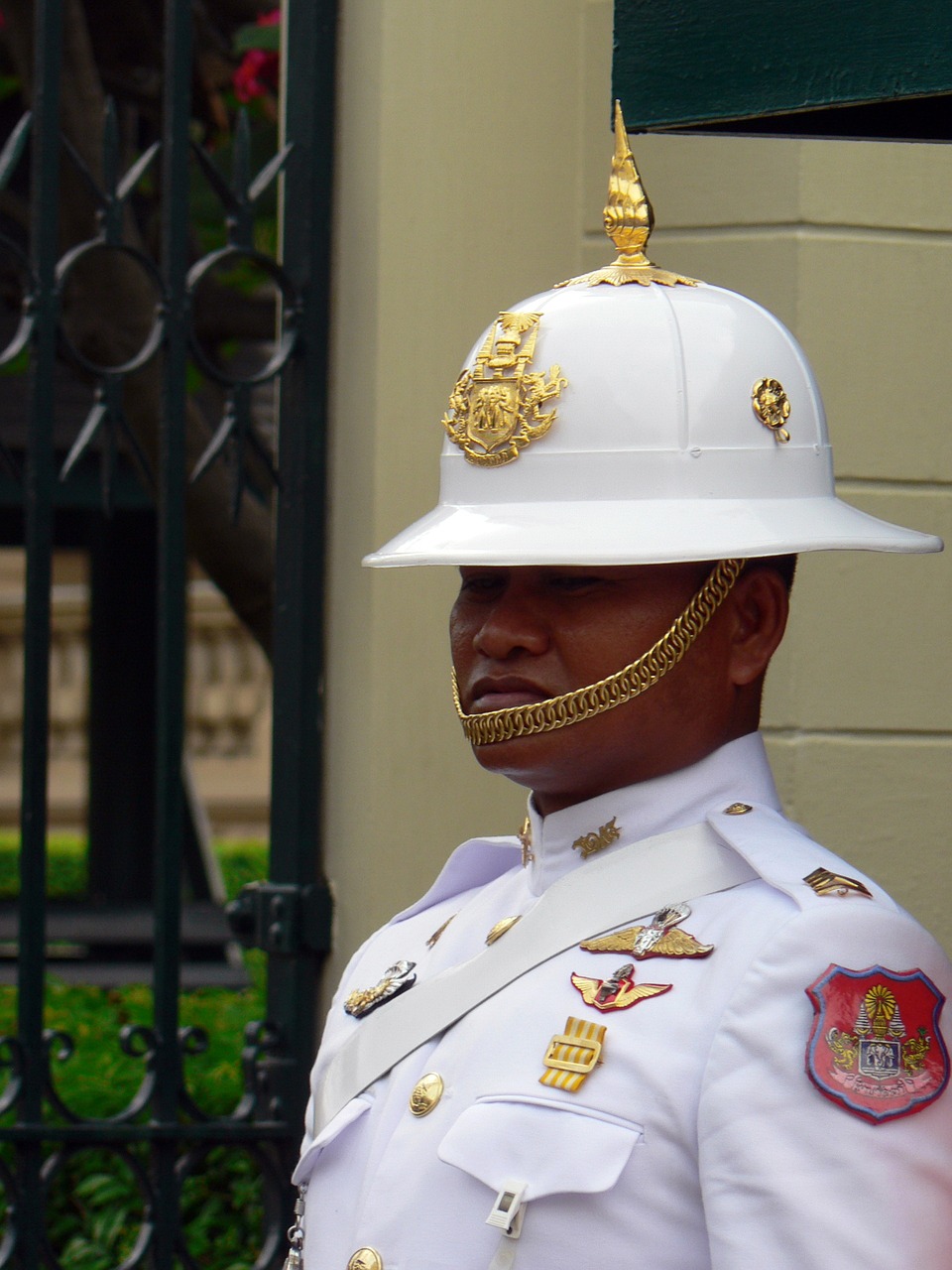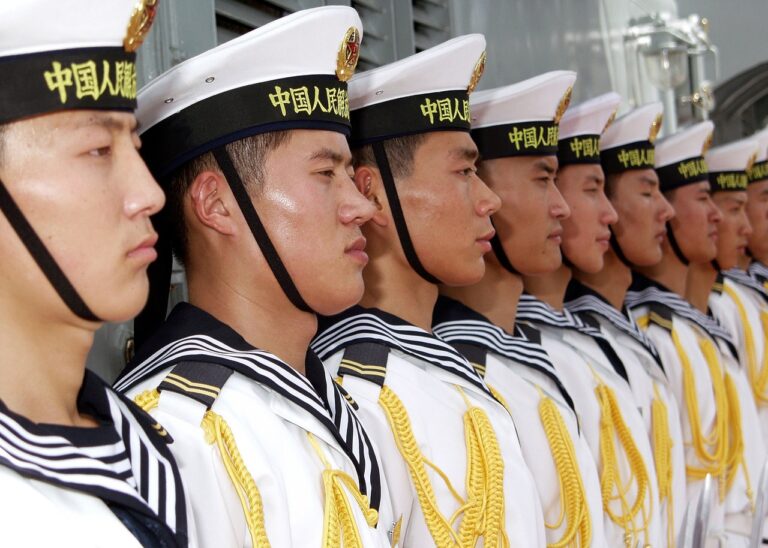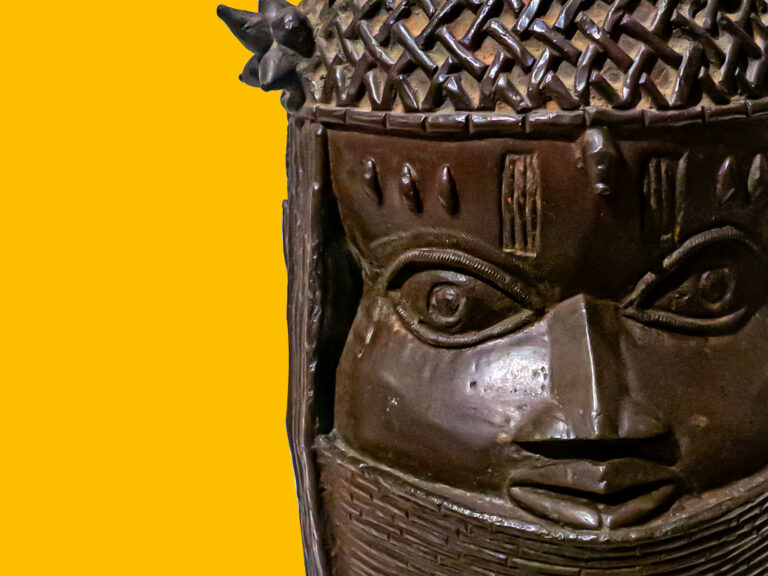Thailand’s populist Pheu Thai party declared its intention on Monday to forge a new government through an 11-party coalition, including two pro-military factions affiliated with the outgoing Prime Minister, Prayuth Chan-ocha.
Parliament is set to ratify the nation’s 30th prime minister on Tuesday, following a three-month stalemate since the May elections. Chonlanan Srikaew, leader of Pheu Thai, revealed that the coalition partners had agreed to propose real estate magnate Srettha Thavisin as the forthcoming leader, writes the AP.
Despite placing second in the national election, Pheu Thai was handed an opportunity to create a government after the conservative unelected Senate repeatedly obstructed the surprise victor, the progressive Move Forward Party. Both chambers of Parliament collectively cast votes for the prime minister, under the constitution established during military rule, designed to safeguard the conservative military-backed governance.
Numerous Senate members, appointed by the Prayuth-led military administration, opposed Move Forward’s Pita Limjaroenrat as a prime ministerial candidate due to his party’s advocacy for reform of a law that criminalizes criticism of Thailand’s royal family. Critics contend that this law, which carries a maximum imprisonment term of 15 years, has been misused for political gain. Aligned with the military, Senators view themselves as protectors of traditional royalist values.
Consequently, Pheu Thai excluded Move Forward from its coalition, asserting that the party’s call for reforming the royal defamation law rendered it unfeasible to gather sufficient backing from other parties and the Senate for the approval of a new prime minister.
With 314 seats in the 500-member House of Representatives, the Pheu Thai-led coalition requires some support from the Senate to secure a majority in the combined parliamentary vote.
The Move Forward Party has asserted its refusal to back any prime ministerial nominee from a coalition that includes factions from the outgoing military-backed government.
On Monday, Pheu Thai unveiled its coalition, encompassing two military-affiliated parties — Palang Pracharath with 40 seats and United Thai Nation with 36 seats. Both maintain connections to Prayuth, who has maintained his grip on power since leading a military coup in 2014.
Pheu Thai, linked to ex-Prime Minister Thaksin Shinawatra, a billionaire populist ousted by a 2006 military coup, joins a series of parties associated with him. The coup triggered years of upheaval, polarizing a predominantly impoverished rural majority in the north supporting Thaksin against royalists, the military, and urban supporters.
Critics have lambasted Pheu Thai for deviating from its pre-election commitment to avoid collaboration with pro-military factions.
Thaksin and his daughter Paetongtarn Shinawatra announced his plan to return to Thailand on Tuesday, ahead of Parliament’s vote, marking an end to his self-imposed exile to evade politically charged prison sentences.
Paetongtarn, a pivotal Pheu Thai figure, extended apologies on Sunday to those dismayed by the party’s decision to align with pro-military parties. She attributed the move to the necessity of lacking an overwhelming victory in the May polls.
Chonlanan, Pheu Thai’s leader, affirmed on Monday that the decision was reached due to the party and its coalition partners recognizing the urgent need to address the country’s challenges, including economic improvement and ending political divisions.
“Although there are parties from the outgoing government in the coalition, all parties will work with Pheu Thai with efficiency and serve the best interests of the public,” he said according to the AP. “The coalition parties will use this chance as a beginning to build love, harmony and reconciliation of the people in the country, and will work together to create prosperity for the country and the people into the future.”
He disclosed that the coalition had agreed to back Pheu Thai’s objectives of bolstering the economy, raising the minimum wage, discontinuing mandatory conscription, supporting the ongoing legalization of medical marijuana, and pursuing constitutional amendments for a “more democratic” nation while leaving the royal defamation law untouched.














